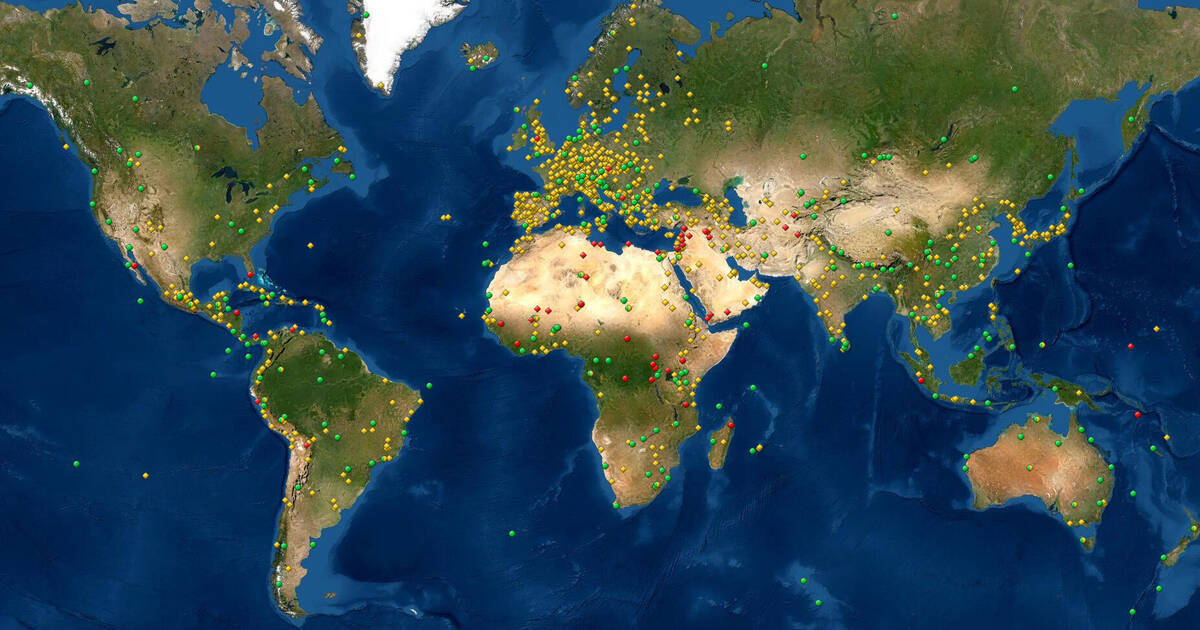astcal
Active Member
actually not that bad:You can't live in Vegas without draining the Colorado River dry and without running an AC for half the year. Both are bad ecologically and economically.
Between NV and Portugal... I'd definitely go to Portugal.
Colorado river water usage is predefined so Vegas only use a fixed tiny % of it, comparing to L.A., Colorado, AZ.
Hot summer is a thing, but a bit better than, say Phoenix or Scottsdale, another hot spot for retirees.
in conclusion, Vegas area is a top choice in the U.S. as of now.

 . (S.F., NYC. Aspen...) Just find out for yourself by going to Zillow.com and punch up comps. in each of these, and your, market. The same house that I live in cost 4x as much in any of those markets mentioned... and lots that I didn't.
. (S.F., NYC. Aspen...) Just find out for yourself by going to Zillow.com and punch up comps. in each of these, and your, market. The same house that I live in cost 4x as much in any of those markets mentioned... and lots that I didn't.

